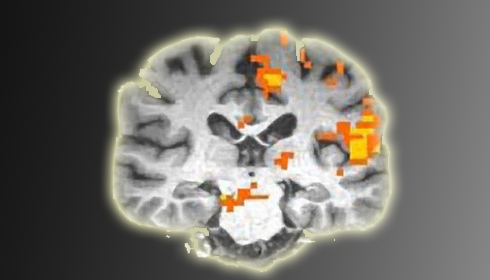
Gulf War Syndrome?
Gulf War Syndrome refers to a cluster of unexplained and chronic symptoms that affect some military veterans who served in the 1990-1991 Gulf War. This complex and controversial condition encompasses a range of physical, psychological, and cognitive symptoms that persist long after the veterans' return from the conflict.
Why does Gulf War Syndrome occur?
The exact cause of Gulf War Syndrome remains unclear, and it is likely multifactorial. Potential contributors include exposure to environmental hazards such as chemical agents, pesticides, and infectious diseases, as well as the stress and trauma associated with military service. Controversy surrounds the syndrome, and ongoing research seeks to unravel the specific factors that may lead to its development.
How does Gulf War Syndrome affect the body?
Gulf War Syndrome manifests with a variety of symptoms affecting different systems of the body. It is often characterized by a combination of physical complaints, cognitive difficulties, and psychological distress. The interactions and underlying mechanisms that contribute to the syndrome are still under investigation.
Symptoms of Gulf War Syndrome:
Treatment for Gulf War Syndrome:
The treatment of Gulf War Syndrome is challenging due to the diverse and often unclear etiology of the condition. Management typically involves addressing specific symptoms and improving overall well-being. Treatment approaches may include:
Symptomatic Relief: Medications may be prescribed to alleviate pain, manage fatigue, and address other specific symptoms.
Cognitive Behavioral Therapy (CBT): Psychological interventions, such as CBT, can be beneficial for addressing anxiety, depression, and cognitive difficulties.
Physical Therapy: Exercise and physical therapy may help manage musculoskeletal pain and improve overall physical function.
Supportive Care: Providing support and understanding, both from healthcare professionals and within a social support network, is crucial for individuals affected by Gulf War Syndrome.
Ongoing Research: As the understanding of Gulf War Syndrome evolves, ongoing research aims to identify more effective treatments and interventions to improve the quality of life for veterans affected by this complex condition.